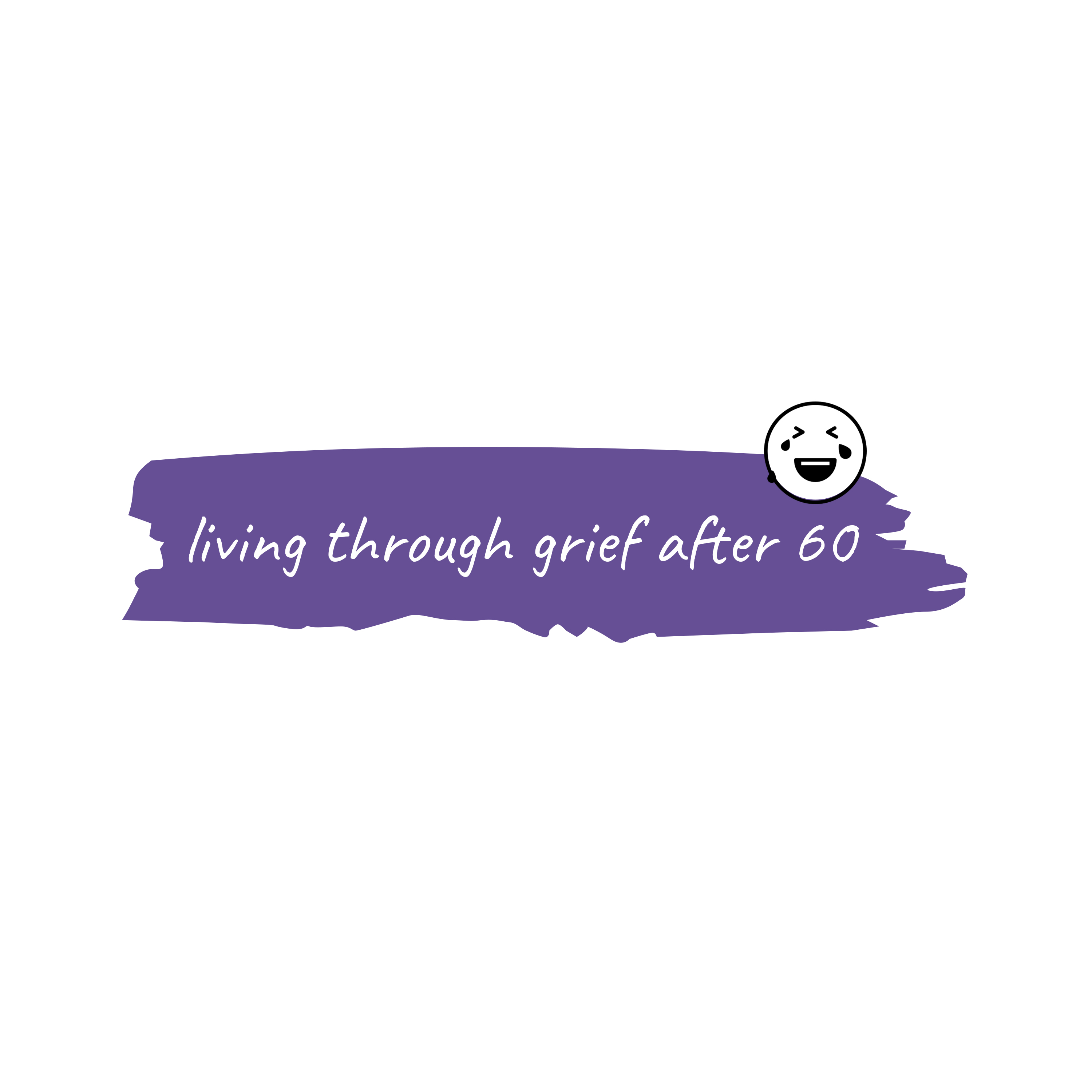Image via Pixels
April Meyers of mindbodyhealthsolution.com wrote the following guest article. This article is reprinted with permission.
Grief is never easy, but we do have to take steps toward living the rest of our lives. Something you can do starting today is to set goals for yourself. A few of these to consider are to change careers and do something you love, spend more time outdoors, and take care of your health.
Do what you love
Doing what you love might mean learning new things. You can use loss as a turning point. One example here is to change jobs. You might consider earning your doctorate or master’s (or your bachelor’s if you don’t currently hold a degree) in a field that you love. Going back to school to be a teacher, for example, will give you the education you need to help students of today become leaders tomorrow.
Once you pass your background check and complete your educational requirements, you get to spend time with children, which can do your heart good. If you don’t want to go into a classroom, you can take affordable classes online without sacrificing the time you spend on other things, such as your current career or time with your grandchildren.
Spend more time outside
There’s a good chance that you spend less than 7% of your entire life outside. Although we have evolved to live indoors, there are some things that fresh air and sunshine can do those fluorescent lights and an HVAC unit can’t. According to Sharp HealthCare, there are many benefits of going outside. These include lowered blood pressure and improved mood. Being in the open air can also help you heal quicker and age more gracefully. Commit to spending an hour outside each day; living through grief in the sunshine may be easier than grieving alone in an empty home.
Live through grief in a healthy way
Even as you grieve the loss of a loved one, you have to go on living. Make the most of the rest of your own years by living healthfully. This might include drinking more water, spending more time with friends, exercising, and eliminating bad habits, such as smoking.
Nobody wants to experience loss. But we must live through grief with our heads held high. From changing your career late in life to simply walking outdoors and dropping your vices, the above tips can help you heal in your own way and on your own time.
For more information on how to live through grief, visit Living Through Grief After 60. It was developed to help older adults learn how to live through grief, whether it’s the loss of a loved one, lifestyle changes, or an illness.

